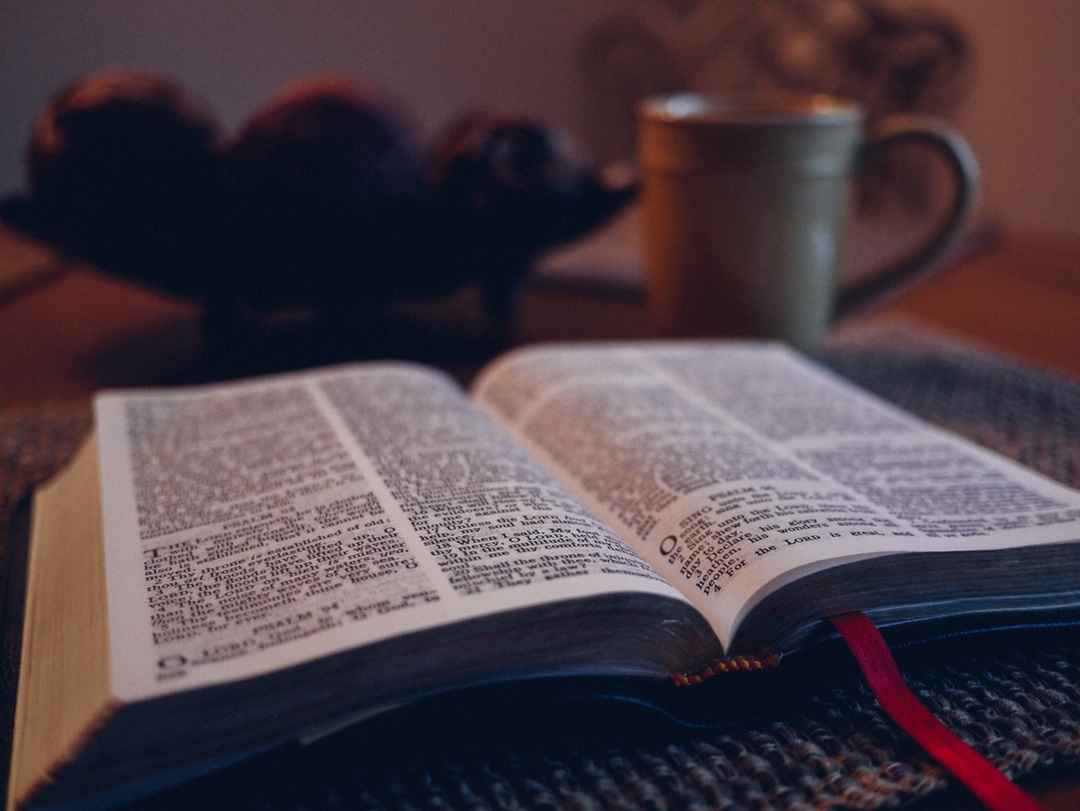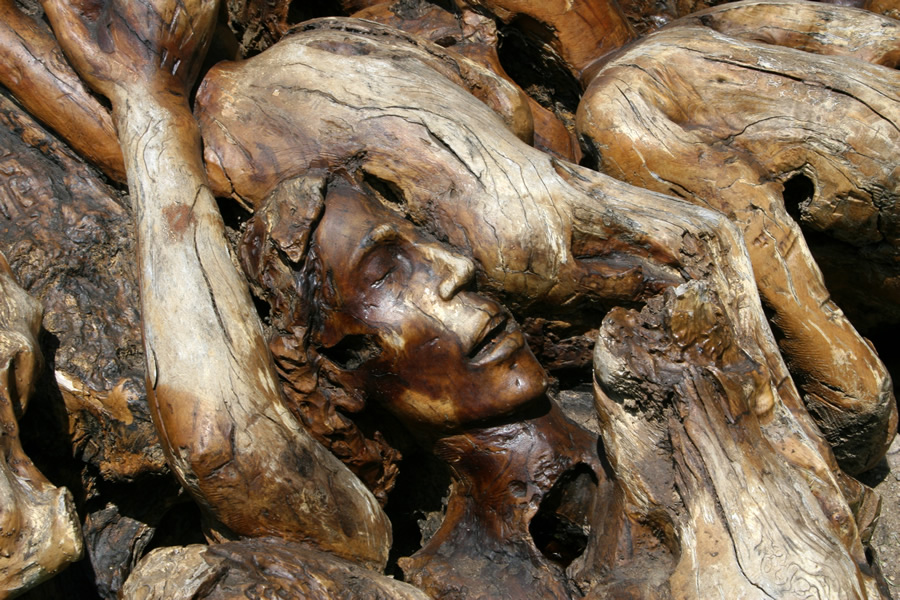Corpus Christi Blog

Pentecost
05-28-2023Weekly ReflectionJen Arnold, M.A. in Theology and CatecheticsLast week we celebrated the Ascension of Christ, when He entered the heavenly sanctuary as the high priest to sit at the right hand of the Father, offering Himself as a perpetual sacrifice in atonement for our sins. This week, we celebrate Pentecost, which could only occur after the Ascension, so we’ll examine how they are related.
When Jesus took His seat upon His heavenly throne, it was the final act of the Paschal Mystery. It brought God’s whole plan of salvation to its completion or – more accurately – to its fullness. Everything that God had promised, beginning in the Garden of Eden where He promised a remedy to sin (Gen 3:15), through the Old Testament fathers and prophets, and then ultimately in the Incarnation of His Word, was finally fulfilled with the Ascension. Being seated on His throne is the completion of Jesus’ earthly mission and He will not leave His throne until the end of time. It is from the throne that a king is able to give his subjects gifts. Jesus had surely given gifts to the people all along, but those gifts were not given in their fullness because Jesus’ mission had not yet reached its fullness. Let’s look to scripture to see how this unfolds.
READ MORE
Ascension of the Lord
05-21-2023Weekly ReflectionJen Arnold, M.A. in Theology and CatecheticsIt has been six weeks since we celebrated the glorious Resurrection of our Lord Jesus Christ on Easter. It was a glorious day, indeed, when the disciples came to the realization that the man they had put all of their hope in was, in fact, alive again, having “rebuilt the temple in three days” as He had promised (John 2:19). However, Jesus’ work did not end with the Resurrection. There was still more to come.
READ MORE
The Holy Bible
05-14-2023Weekly ReflectionJen Arnold, M.A. in Theology and CatecheticsHave you ever wondered how our Bible originated? Who determined which books would be contained in the Bible and how do we know they’re correct? We ought to be reading from scripture every day, but at minimum, we hear the Word of God spoken at every Sunday Mass in the form of readings, psalms, and liturgical prayer. We rightfully trust that this book we hold in our hands is exactly as it should be because our Church has said that it is so. How did our Church come to this conclusion, though? Let’s examine the history and development of the canon of books contained in our Sacred Scripture.
READ MORE
Purgatory
05-07-2023Weekly ReflectionJen Arnold, M.A. in Theology and CatecheticsI will end the three-part series on the afterlife this week with the Catholic doctrine of Purgatory, which offers us such a great gift of hope, provided it is properly understood. Purgatory is a teaching that is unique to the Catholic faith alone. The Catholic Church is sometimes accused of making the doctrine up in the Middle Ages in order to justify the buying and selling of indulgences, but there is no truth to that argument. (You can find my article on indulgences by doing a keyword search on my website.) Some have also claimed that there is no scriptural basis for the doctrine of Purgatory. I hope to clear up some of the confusion, provide some support for the doctrine, and illustrate what a great gift it is. *Note: You may want to read this article with your Bible, as I cite too many Scripture verses to quote them all.*
READ MORE